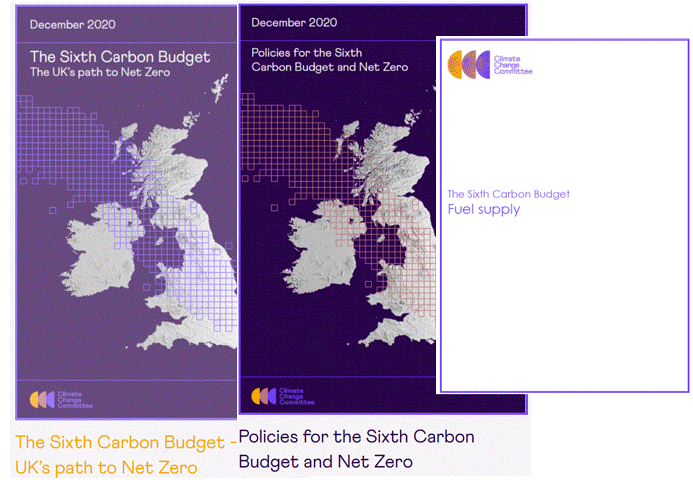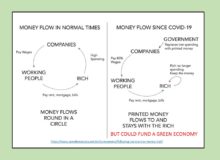Here is a small sample of books recommended by HiCAN members.
The Winning of the Carbon War by Jeremy Leggett (2016)
Discussed at HiCAN book group meetings on 14th Jan and 4th Feb 2016.
“Humanity is in a race, a kind of civil war. In “The Winning of The Carbon War” Jeremy Leggett documents the political battles being fought on the front lines of climate and clean energy policy.” Though Jeremy identifies causes for hope by the end of the COP21 in Paris ending in December 2015 he is well aware that the existing built-in global warming might ‘prove to be worse than best estimates of scientists today‘ and that there are still people who will only ‘go down fighting’.
Reviews include this from Caroline Lucas MP “One of the crucial themes in Jeremy Leggett’s narrative is shale, on both sides of the Atlantic. As a long-time opponent of fracking, it is fascinating for me to read Jeremy¹s perspectives, particularly given his past life in the oil industry where he has researched shale funded by both BP and Shell – and his current generous sharing of his expertise with British parliamentarians of all political parties.”
Soil not Oil by Vandana Shiva (2008)
Discussed at a HiCAN book group meeting on 4th June 2015.
Vandana is a controversial Indian environmentalist who was originally a nuclear physicist. She covers the shift in India from referring all that is renewable and sustainable to adopting western goods (‘Cars not Cows’). See Summary of Soil not Oil by Vandana Shiva for a summary of the group discussion.
Merchants of Doubt by Naomi Oreskes and Erik Conway
The book group met on 28th Jan 2015 and were appalled by the revelations in the Merchants of Doubt about the tactics from American ‘scientists’ to systematically discredit findings of damage on several fronts.
Naomi Oreskes and Erik Conway expose the techniques adopted by a small number of Americans, backed by commercial interests to spread misinformation and pseudo science regarding tobacco smoke, DDT, acid rain and now Global Warming. See Merchants whole summary (002) for a summary of the group discussion.
The Burning Question (Mike Berners-Lee and Duncan Clark, Profile Books, 2013)
Discussed at a book group meeting 30 October 2014.
Berners-Lee and Clark explain why fossil fuel burning, the emissions of which constitute by far the greatest threat to our climate, must be tackled and stopped head on – a timely explanation prior to the current International negotiations. See HICAN book group report 1 – the Burning Question Berners Lee for the report of the book group.
Earlier Book recommendations
The Long Emergency – James Kunstler – 2005 – Atlantic Books.
The theme of this book is summarised in its subtitle…
Surviving the converging catastrophes of the 21st Century.
These are, says Kunstler:-
i) The end of cheap fossil fuel, leading to:
(a) the collapse of suburbia.
Suburbia, he says, is best understood as the greatest misallocation of resources in the history of the world……the whole system will not operate without liberal and reliable supplies of cheap oil and natural gas.
And (b) to an era of titanic international military strife over resources.
ii) Unsustainable population growth.
iii) Destructive runaway climate change, leading to mass starvation.
iv) The spread of disease.
All this calls, of course, for the development of a very high degree of Resilience – we have to find ways of managing our global society and economy without the plentiful supply of fossil fuels on which we have come to rely, and we have to start now.
John Mead, June 2010
The Bridge at the Edge of the World – James Speth, Yale University Press – 2008
The theme of this book is summarised in its subtitle…
Capitalism, the Environment, and crossing from Crisis to Sustainability.
When reading a book I have the habit, which some people deplore, of underlining in red any passage which particularly impresses me, so that I can quickly find it again. The trouble with this book is that I find myself underlining whole pages.
Let me start by quoting one sentence: today’s problems cannot be solved with today’s mind. That sums up just how defective our collective state of mind must have become for us to have brought our civilisation to the brink of collapse. It is the theme of Speth’s chapter “New Consciousness”, in which he spells out our need to develop a new way of thinking. This is for me the most important chapter in the book.
It is followed by his chapter “New Politics.” This summarises the transformation of contemporary capitalism which he believes is needed, and which he explores in detail in earlier chapters on the corporation, the market, economic growth, and the need to replace it by real growth which promotes the well-being of people and nature.
And his “New Politics” calls for the development of “deliberative democracy”, which brings these many themes together. It is “deliberative” in the sense that its essence is citizens meeting together locally to discuss issues and reach decisions, rather than simply voting for representatives who formulate the issues and present the decisions to a largely passive electorate.
In his final chapter, Speth confronts those who warn us not to stress doomy and gloomy realities if one wants to motivate people; who remind us that Martin Luther King did not say I have a nightmare. He did not need to, says Speth. His people were living a nightmare. But we are living a dream. We need to be reminded of the nightmare ahead….We will never do the things that are needed unless we know the full extent of our predicament.
That brings us back to Seth’s opening chapter: “Looking into the Abyss”, which summarises the “eight major environmental trends which profoundly threaten human prospects and life as we know it on the planet”.
Is it too late to avert disaster? Yes, it may be. We cannot be certain. Only our children and grandchildren will know.
John Mead, June 2010



